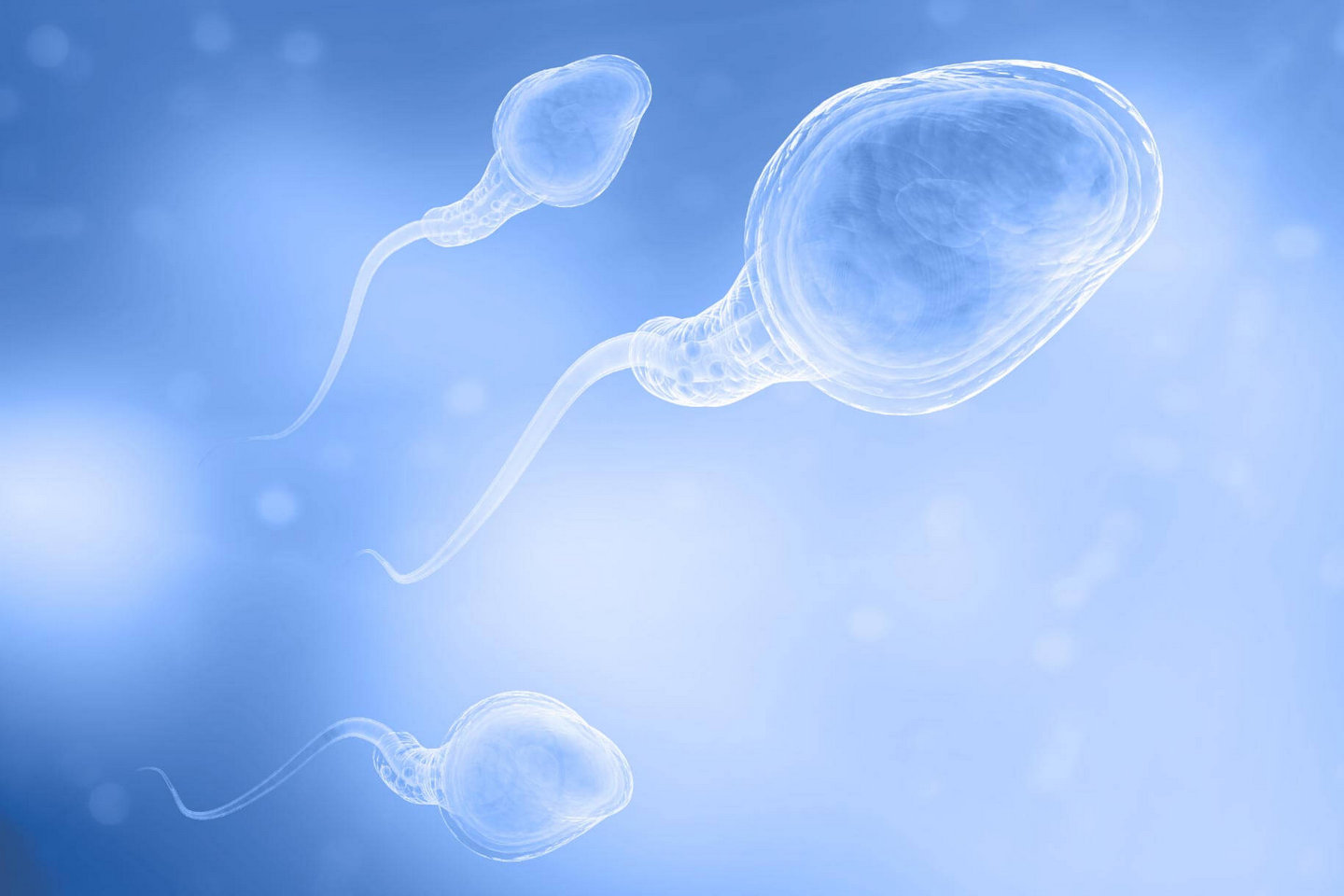Sperm quality declines with age in infertile men

MedWire News: Study findings suggest that infertile men show an increase in sperm concentration and diploidy, as well as a decline in semen volume and sperm vitality with increasing age.
The findings also showed that increasing age does not affect sperm DNA fragmentation in infertile men, and that all sperm parameters remain unaffected by age in fertile men.
Investigating the effects of male aging on semen quality, DNA fragmentation, and chromosomal abnormalities in fertile and infertile men.
Sonia Brahem (University Teaching Hospital, Sousse, Tunisia) and colleagues analyzed semen motility, morphology, and DNA fragmentation using samples from 140 infertile men (aged 24–76 years) and 50 fertile men (aged 25–65 years) who had all remained abstinent for 3 days.
The team found that, with increasing age (20–29 years vs 50–70 years), infertile men showed significant decreases in semen volume (3.26 vs 2.46 ml), total motility (26.4 vs 22.0 percent), percentage of sperm with normal morphology (25.8 vs 14.9 percent), and vitality. Only sperm concentration and diploidy were shown to significantly increase with age in infertile men, at 62.1 vs 98.1 x106/ml and 0.38 vs 1.02 percent, respectively.
However, DNA fragmentation and disomy of sex chromosomes and disomy 8 did not show a statistically significant change with age in infertile men. Fertile men showed no significant change with age in any of the analyzed parameters.
MedWire (www.medwire-news.md) is an independent clinical news service provided by Current Medicine Group, a part of Springer Science+Business Media. © Current Medicine Group Ltd; 2011
Book a Free Online Consultation with Dr Thanos Paraschos and his team
Read more:

